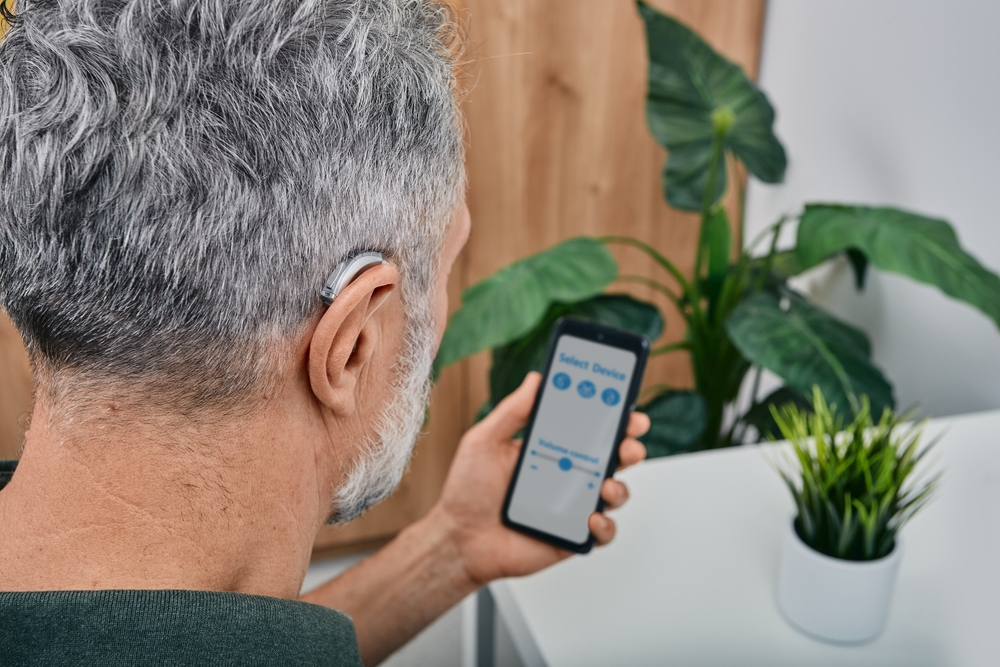
Even slight hearing loss can substantially impact everyday life, influencing interactions with friends, family, and co-workers, as well as complicating routine tasks such as grocery shopping. But transformative changes can be brought about by the use of properly tuned hearing aids.
Ten reasons why you should think about hearing aids
Even though enhancing hearing is the obvious and primary benefit of hearing aids, their positive effect goes way beyond that. The following will comprehensively outline those benefits.
Stronger relationships due to better communication
Clear communication is the basis of meaningful relationships. Relationships can be tense when hearing loss leads to missed communication. Feelings of separation and stress will be decreased and your ability to communicate with others will be enhanced by using hearing aids.
Enhanced independence
Basic tasks like purchasing groceries or going out for dinner can become challenging with untreated hearing loss, as communication barriers could develop. Hearing aids empower you to navigate these situations independently by improving your ability to hear and understand speech in various environments. This increased independence extends to activities like driving, where improved situational awareness leads to safer experiences.
Possibility of earning more
Reliable communication is key when you’re working in professional situations. Neglected hearing loss can hamper your ability to take part in meetings or discussions fully, potentially impacting job performance and career development. By wearing hearing aids, you can remain engaged and alert, enhancing your productivity and opening doors to career opportunities.
Decreased Tinnitus Symptoms
Hearing loss is frequently accompanied by tinnitus symptoms or ringing in the ears. Hearing aids can offer relief from tinnitus for some individuals by masking symptoms.
Mitigated cognitive decline
Some research has uncovered a link between untreated hearing loss and cognitive decline, including dementia. It’s possible that using hearing aids to treat neglected hearing loss can reduce the chance of cognitive impairment and help maintain the overall health of the brain.
The pleasure of music
The perception of music will be less enjoyable if hearing loss is altering your perception of it. Hearing aids replenish the fullness and depth of musical sounds by compensating for gaps in frequency, allowing you to rediscover the excitement of listening to your favorite songs.
Boosted confidence
Whether you’re in a social or professional setting, being able to hear better will give you more confidence. With increased communication abilities, you’ll feel more self-assured and competent, improving your overall quality of life.
Having more energy
Neglected hearing loss forces the brain to work extremely hard to fill in missing sound which can be mentally draining. With hearing aids, you won’t feel so tired and will be able to participate in all of those activities that you enjoy.
Enhanced safety and awareness
Whether you’re driving a car or crossing the road, being aware of your environment is a vital part of safety. Hearing aids restore environmental sounds, like approaching vehicles or alarms, ensuring that you can respond properly and safely.
Establishing a positive example
Embracing hearing aids demonstrates a proactive approach to health and well-being, establishing a positive example for others dealing with similar challenges. It inspires individuals around you by showing a commitment to personal improvement and growth.
Get your hearing checked today
While the primary advantage of hearing aids is to boost auditory perception, the ripple effects on various facets of life are powerful. Whether it’s nurturing stronger relationships, increasing independence, or preserving mental health, the choice to wear hearing aids is a step towards a more rewarding and engaged life.
Make an appointment for a hearing exam today and take the initial steps to better hearing.